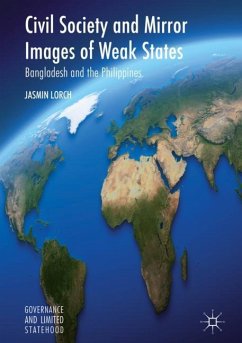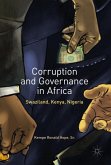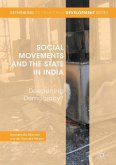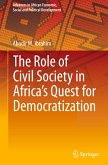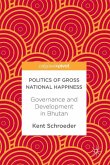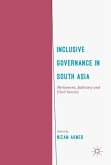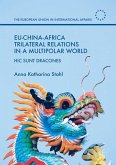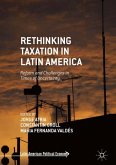This book investigates theoretically and empirically whether and (if so) how state weakness influences the way in which national civil societies constitute themselves, using Bangladesh and the Philippines as case studies. A vibrant civil society is usually perceived as an important ingredient of democracy, but does this hold for civil society in weak states as well? What does civil society look like in contexts of state weakness? How much and what kind of political influence does it have in such settings? And are its actors really capable and willing to contribute to democracy in states where independent and legal bureaucratic institutions are weak? Addressing each of these questions, the author points the way to some hard re-thinking about the basis for and approach to development assistance to and via local civil society, with crucial repercussions for the ways in which international development assistance is designed and funded.
The chapter 'Analysing CivilSociety in Weak States' is open access under a CC BY 4.0 license via link.springer.com.
The chapter 'Analysing CivilSociety in Weak States' is open access under a CC BY 4.0 license via link.springer.com.

